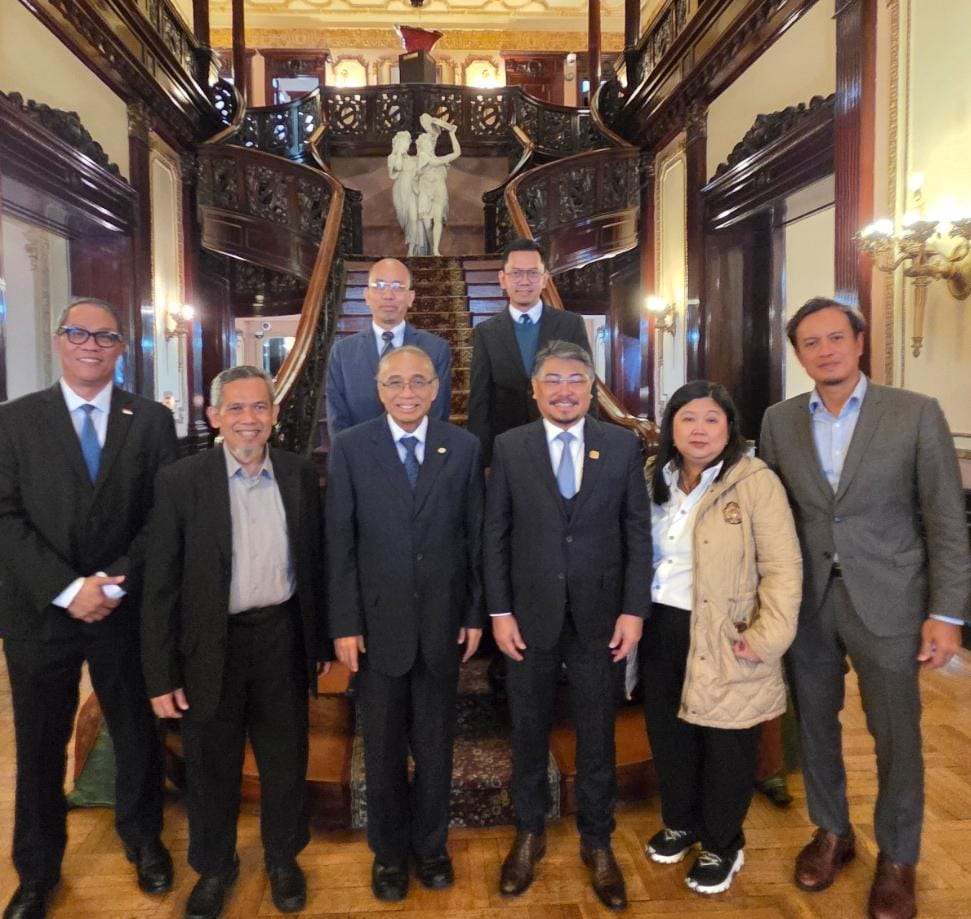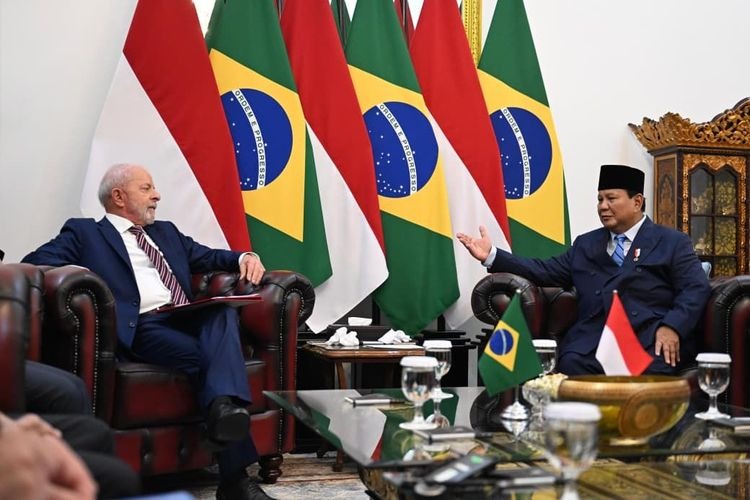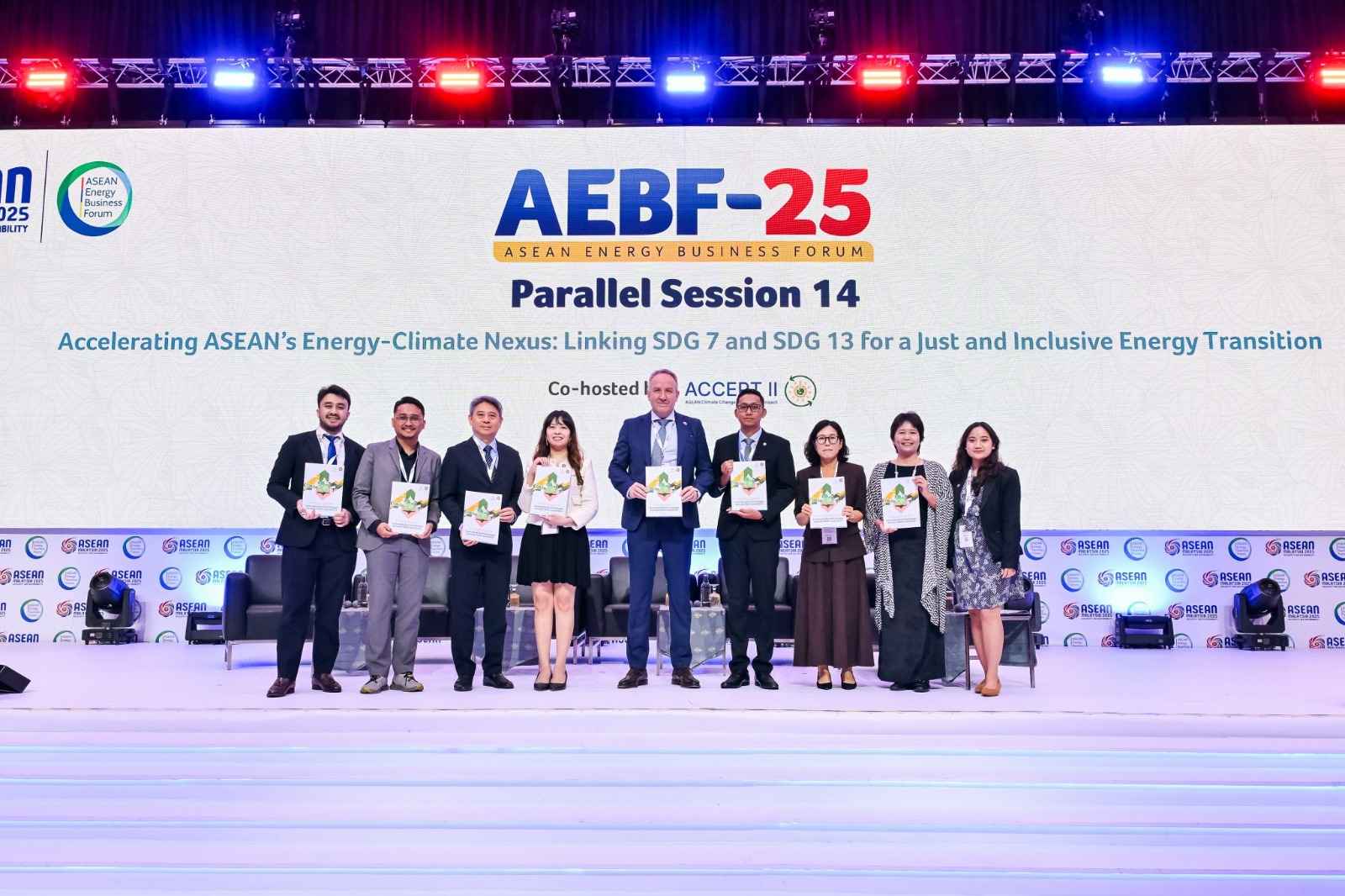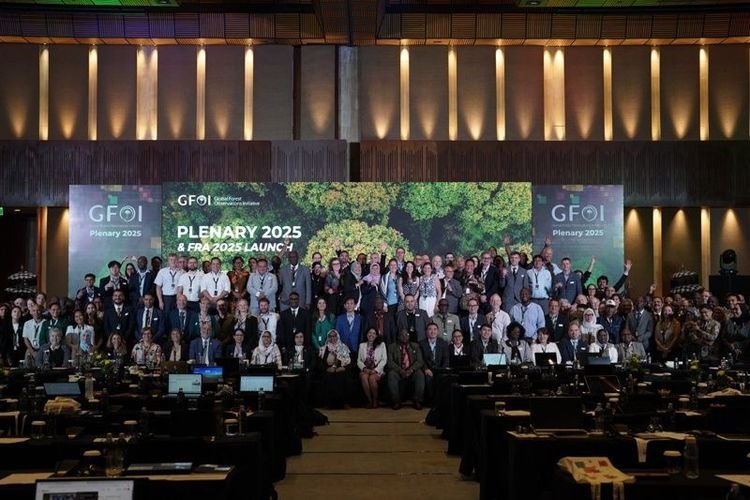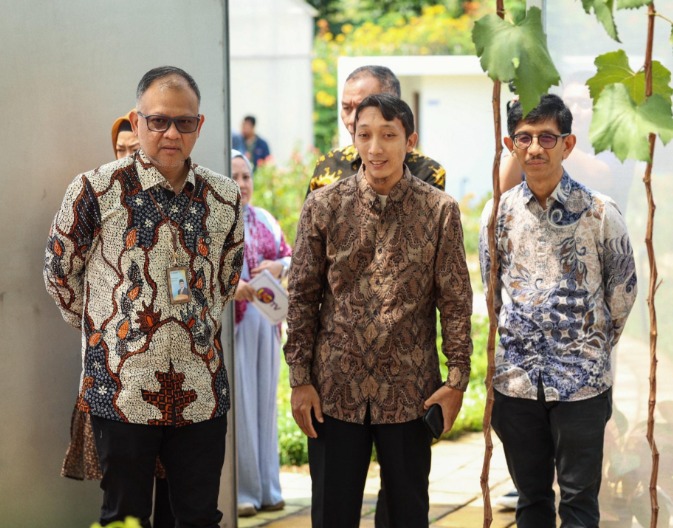Enviro News Asia, Jakarta — The Ministry of Forestry, through its Bureau of Public Relations and International Cooperation (HKLN), is developing a comprehensive guideline titled FOREST-D (Forestry Emission Reductions through Strategic Diplomacy). This framework will serve as a reference for all units within the Ministry—both at the central and regional levels—in proposing, negotiating, and implementing international cooperation activities in the forestry sector.
The development of the FOREST-D Guideline is part of the Ministry’s strategic effort to strengthen synergy and policy direction in foreign cooperation, aligning with Indonesia’s Forestry and Other Land Use (FOLU) Net Sink 2030. This national program aims to ensure that by 2030, the forestry and land use sectors become net carbon sinks through integrated climate mitigation efforts.
“The FOREST-D Guideline will serve as a reference to ensure that every form of international cooperation undertaken by the Ministry of Forestry directly contributes to emission reduction efforts, sustainable forest management, and biodiversity conservation,”
said Krisdianto, Head of the Bureau of Public Relations and International Cooperation, Ministry of Forestry, in Jakarta, Saturday (October 11).
The FOREST-D initiative is designed to strengthen Indonesia’s forestry diplomacy at the global level while ensuring that all forms of international cooperation align with the national low-carbon development agenda and long-term climate resilience goals.
Specifically, the guideline aims to:
- Support sustainable forest management and conservation of biological resources within conservation areas.
- Contribute directly to national emission reduction targets in the forestry and land sectors.
- Enhance coordination among work units to ensure that foreign cooperation is conducted transparently and accountably.
- Guarantee that all collaborations are country-driven, based on national needs, and aligned with emission reduction potential at the provincial level.
The FOREST-D Guideline outlines implementation procedures across four main stages:
- Planning and Proposal of International Cooperation, including setting priority regions and mitigation action themes;
- Negotiation and Agreement Formation with international partners;
- Implementation, Monitoring, and Reporting of cooperative activities contributing to carbon emission reduction;
- Inter-Unit and Inter-Ministerial Coordination to maintain policy alignment.
All proposals for international cooperation must comply with FOREST-D principles and include project location details, emission reduction contributions, and mechanisms for reporting and evaluation.
The HKLN Bureau will conduct technical verification and provide strategic recommendations for each proposed partnership to ensure consistency with the Ministry’s 2025–2030 International Cooperation Roadmap.
Echelon I units are required to coordinate with the HKLN Bureau prior to initiating official communications or meetings with foreign counterparts. Furthermore, approved activities must be accompanied by periodic reports submitted to the Secretary General through the HKLN Bureau.
An annual evaluation of the effectiveness of international cooperation will be carried out jointly by HKLN and relevant technical units to ensure policy coherence and to enhance the impact on national emission reduction targets.
The Ministry of Forestry hopes that the implementation of the FOREST-D Guideline will not only reinforce Indonesia’s position in global forestry diplomacy but also enhance the tangible contribution of the forestry sector to global climate change mitigation efforts.
“Through FOREST-D, we aim to ensure that every step in Indonesia’s forestry diplomacy delivers sustainable ecological, social, and economic benefits, while strengthening our nation’s image as a global leader in forest management,”
concluded Krisdianto. (*)





